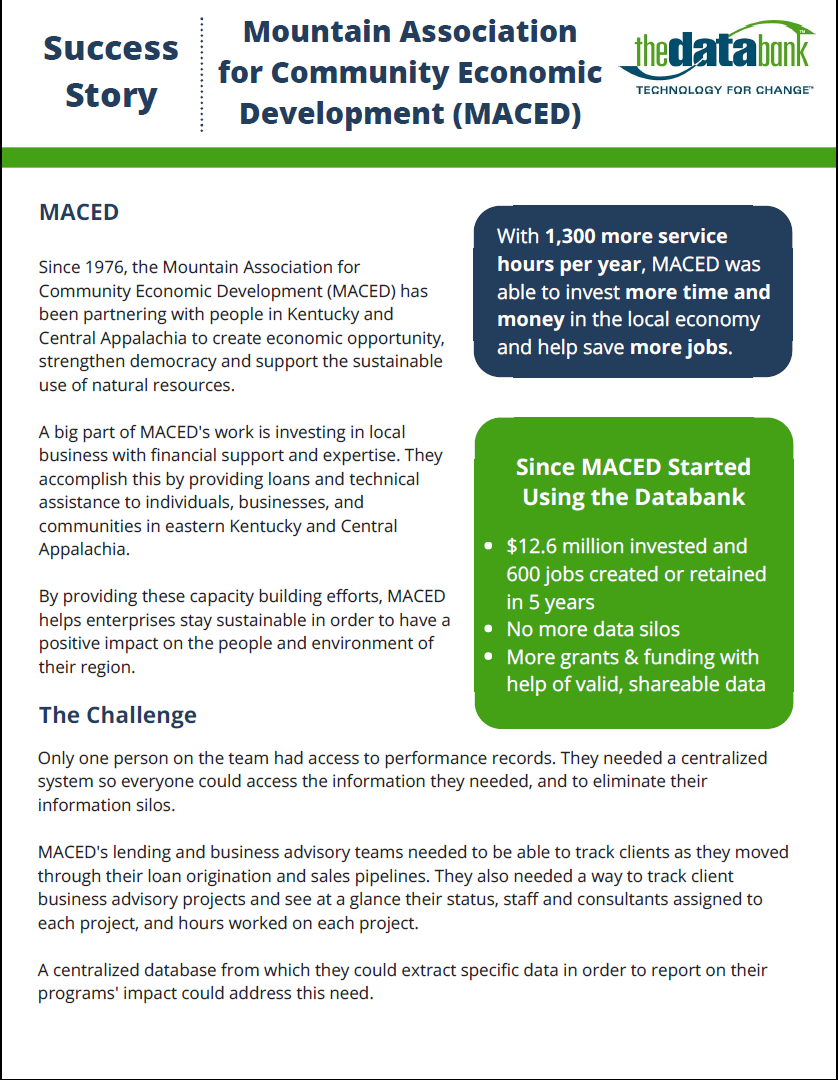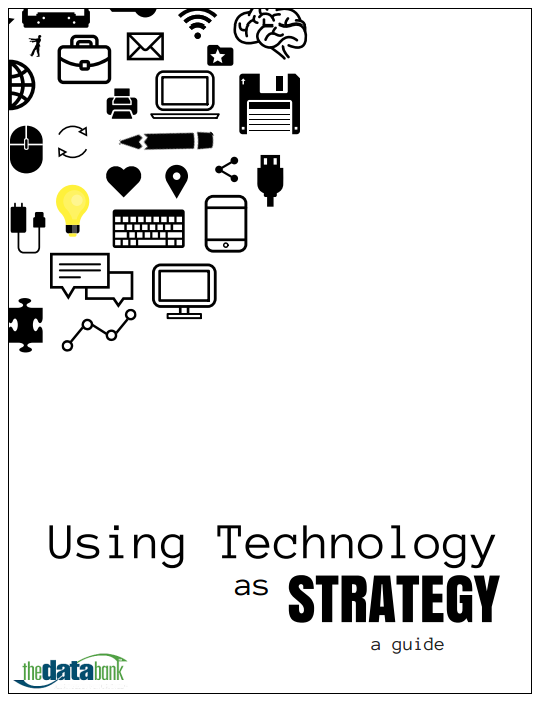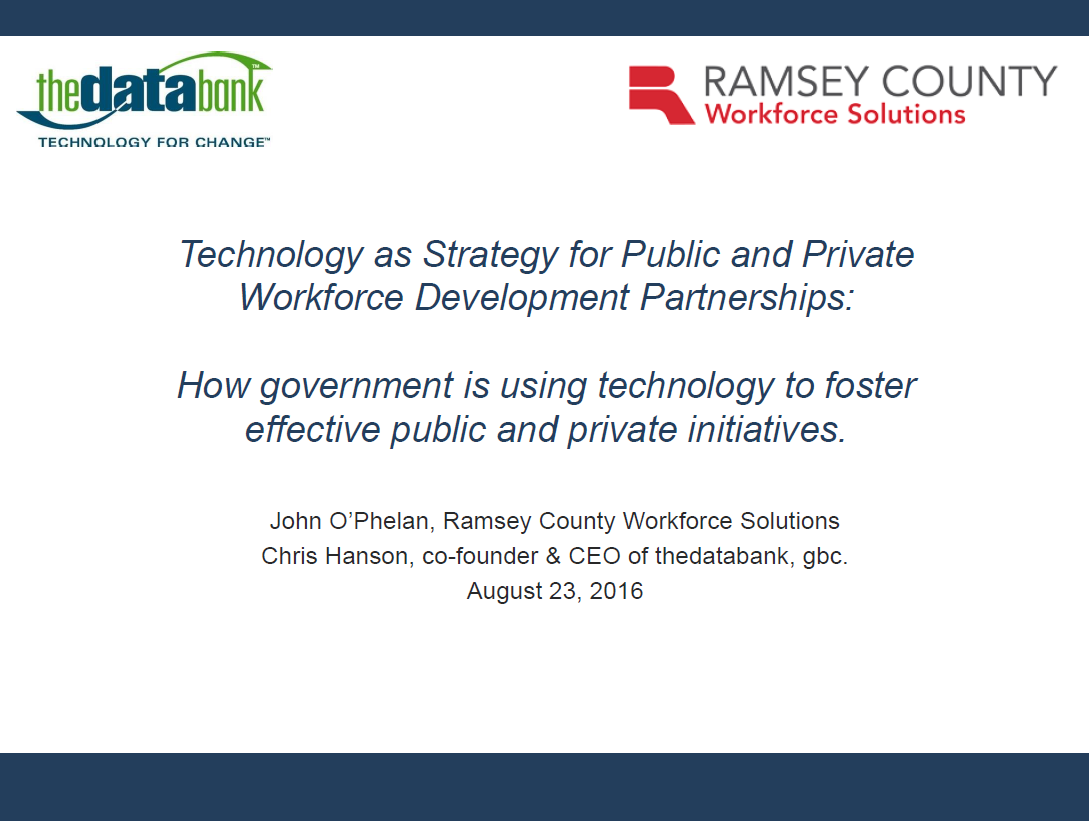It used to be called Information Overload – that feeling that you can’t keep up with everything you need to. In the depths of despair you say things like: ‘I’m going to move to the Yukon and throw this infernal machine out the window’. Okay, maybe only I say that but the sentiment is pretty common. We find ourselves couched in the horns of a dilemma. How do we get the information we need, without being overwhelmed? Furthermore, what is our duty as communicators to help others avoid this sorry state.
Filter Failure is a phrase popularized by Clay Shirky. In a way, humans have been living with Information Overload since Aristotle – ‘probably the last person to know everything there was to be known in his own time.’ But as with so many changes in our lives, we’re in a logarithmic curve: “90% of the data in the world today has been created in the last two years alone”. The increase in information isn’t the problem though, it’s how we consume it. The feeling of being overwhelmed is caused when one of the filters either we have created or which has been created for us has failed. Imagine a world with no spam filters and you’ll get a good idea of how catastrophic Filter Failure could be. As these filters must filter more and more information, they have become increasingly autonomous in their attempt to adapt to your own personal behavior.
The result is that we are not aware of many of these filters, which leads to the opposite effect.
Filter Bubble is a phrase popularized by Eli Parser. The shift towards personalization mentioned previously has been happening for awhile. For the most part it is a boon, as it helps to filter out material we aren’t interested in (think Netflix recommendations). There is a downside, however. Online, we seem to be surrounded by sycophantic yes men; constantly reinforcing our own thought patterns. Take a web search for a recent event, for example. Will your search return an article from Fox News or CNN? Your personal bubble will decide. How then, as a person, will you learn about contrasting points of view? How, as a communicator, will you reach the people who don’t already agree with you?
Filter Tension (the state of not wanting your filters to fail, but not wanting to live in a bubble) can be felt by us not only as individuals, but also needs to be understood to effectively navigate communicating as an organization. As a communicator, your message has to be of value and it has to have a vision that reaches beyond your base. If either is lacking, your message will be swallowed by filters, never to be seen again or may rally your base but do nothing to breach the bubbles that separate us.
“In seeking truth you have to get both sides of a story.”
― Walter Cronkite


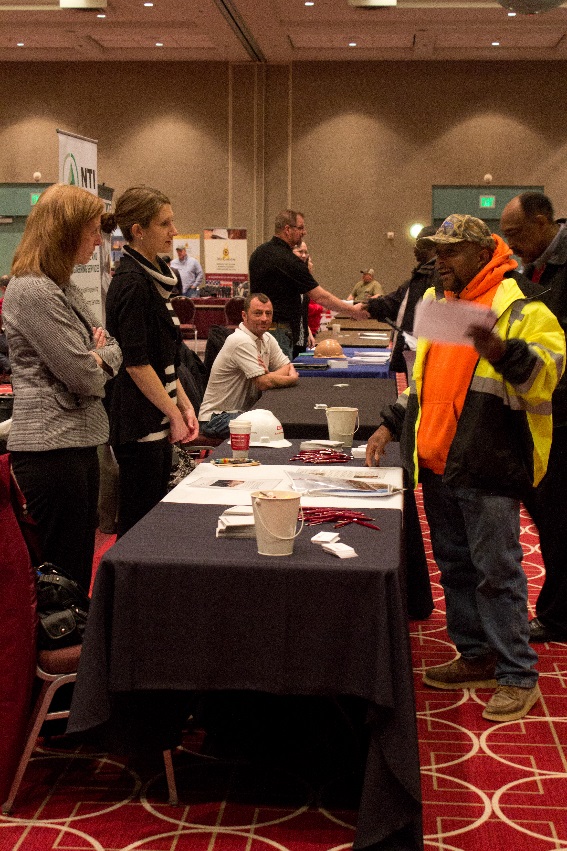



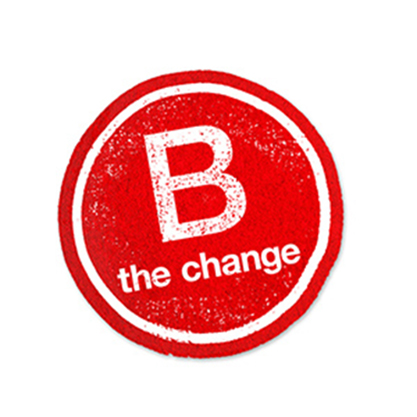


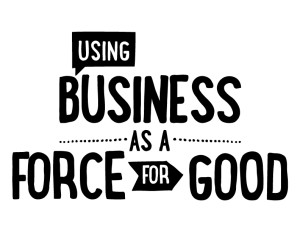
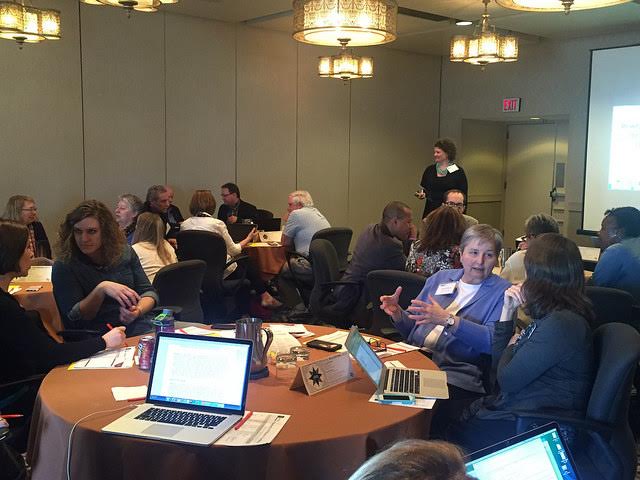
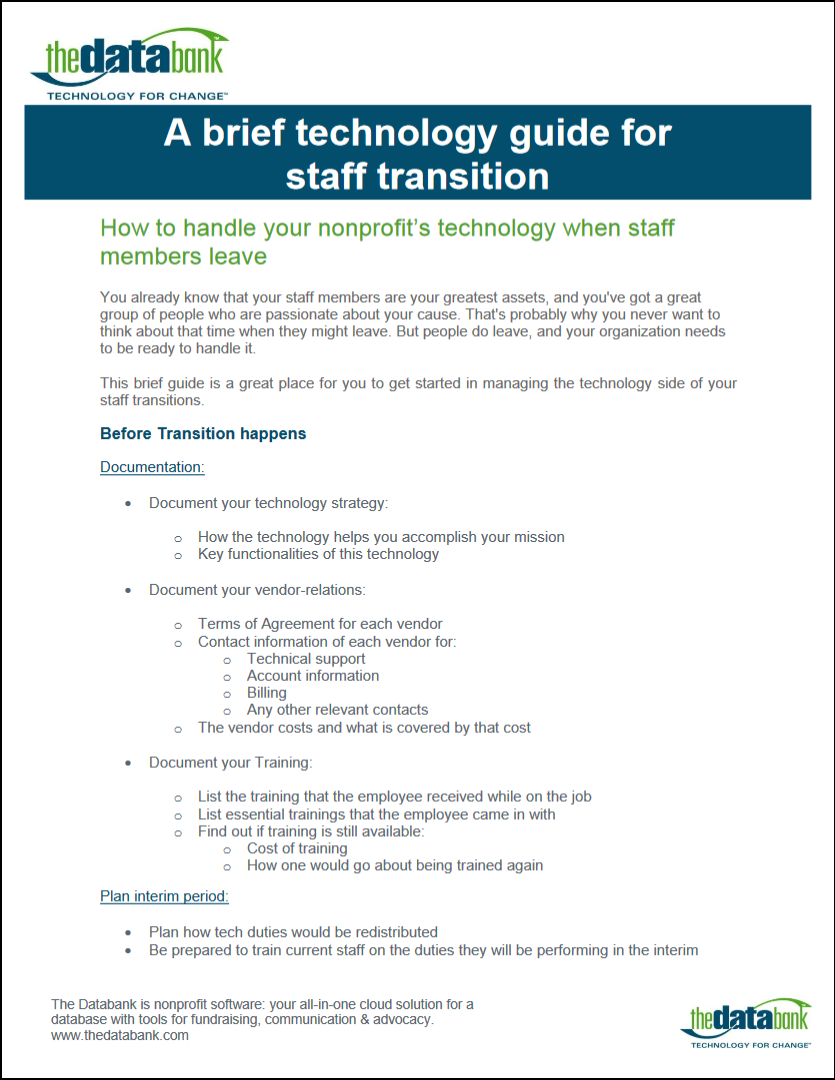
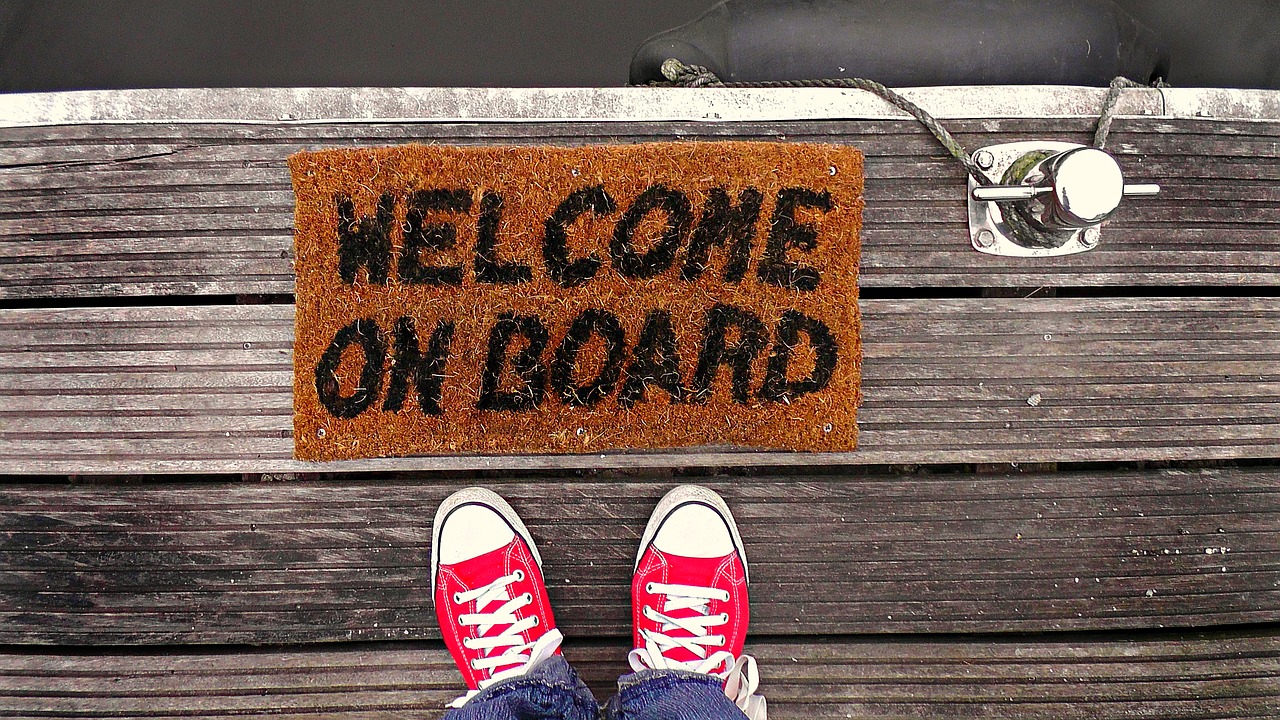
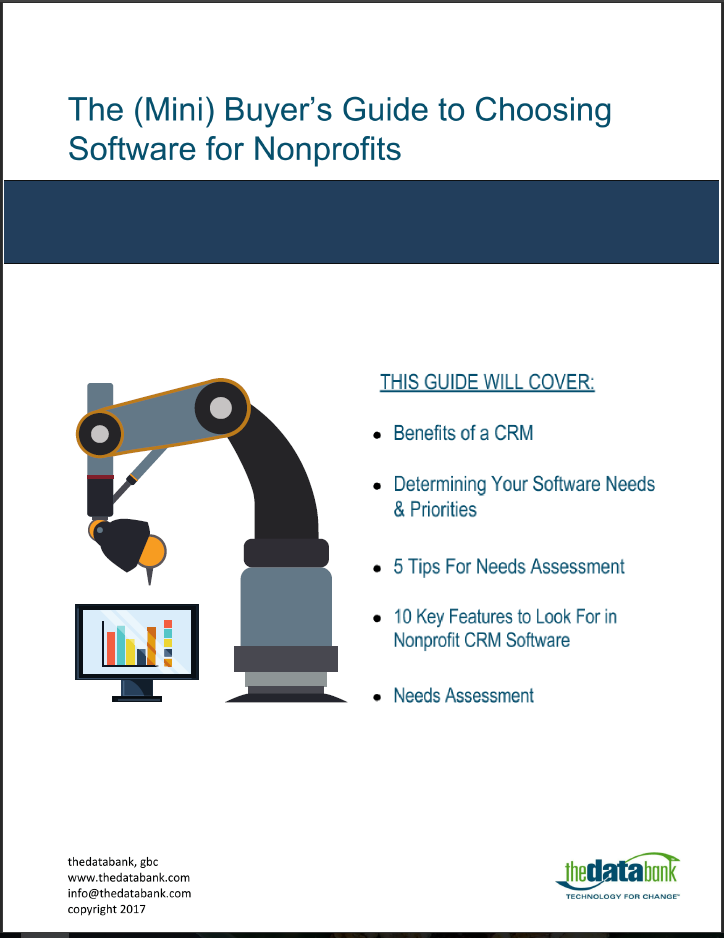


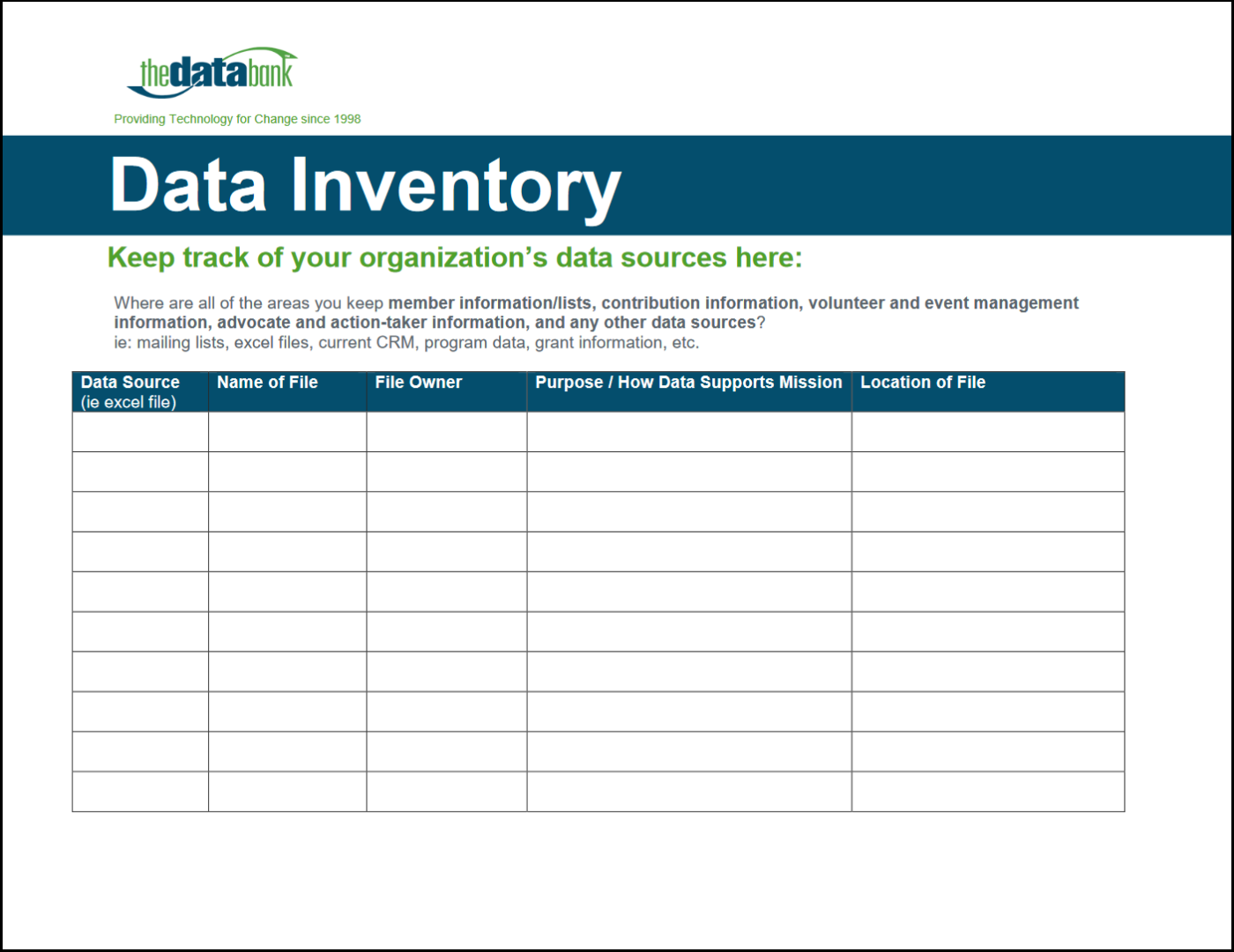




 thedatabank, gbc is technology for change, and we walk the talk.
thedatabank, gbc is technology for change, and we walk the talk. 